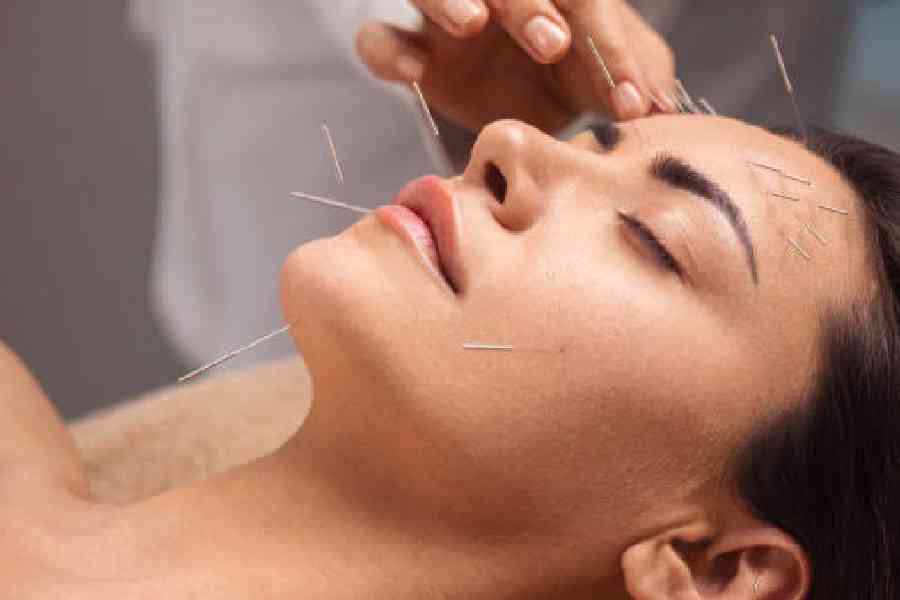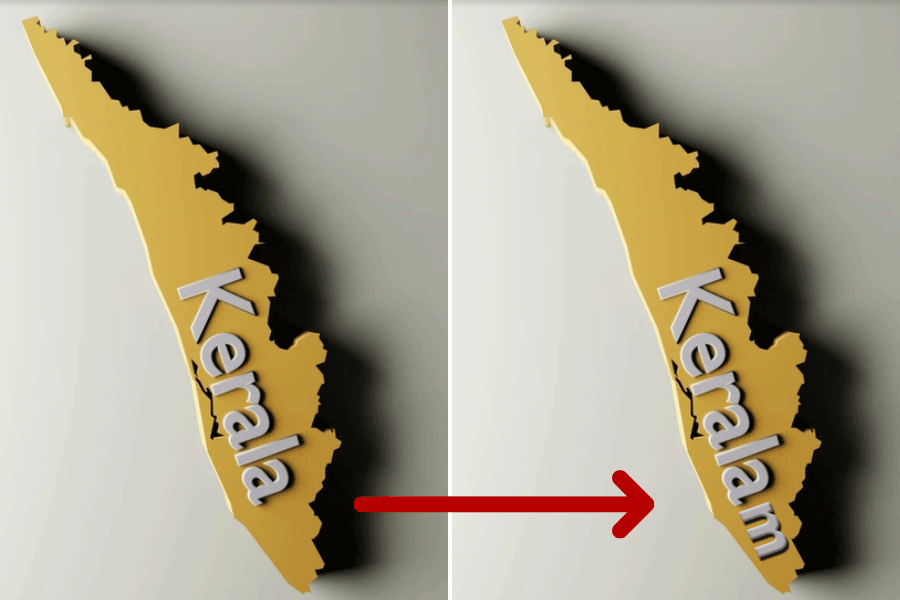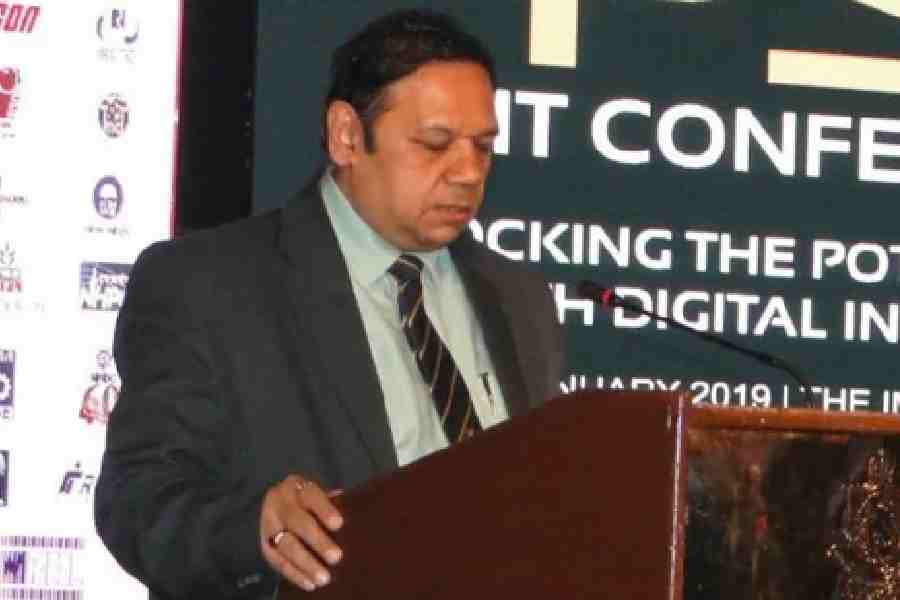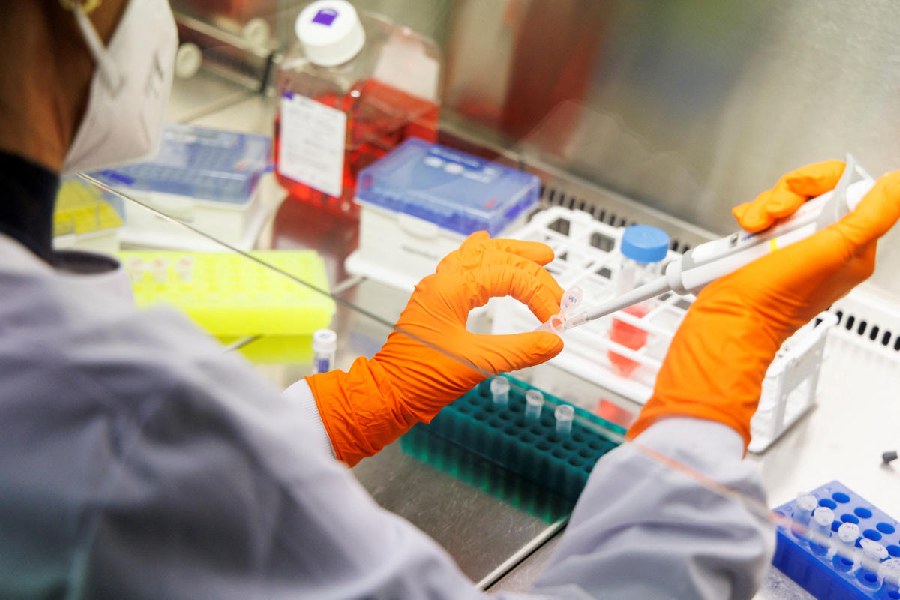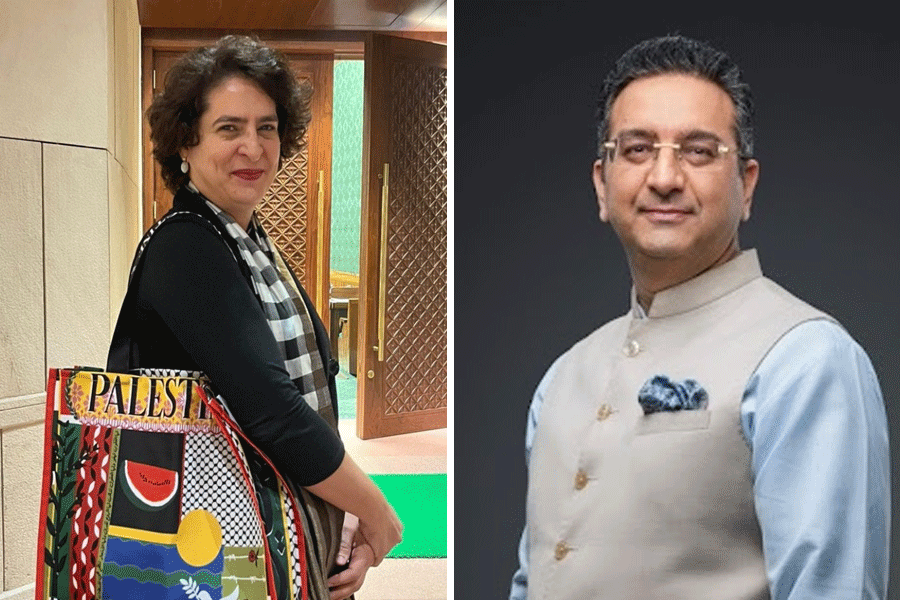Psychology and acupuncture go hand in hand. Acupuncture is a powerful weapon against almost all human health conditions, including psychological ones. Depression, anxiety, stress from a traumatic personal experience (PTSD), addictions and other psychological disorders plague a large number of people.
Depressive disorders is one of the foremost causes of disability in adults around the world. Often, because of societal stigma, such health challenges are left untreated or treated inadequately, making things more difficult over time.
The good news is that acupuncture can provide an effective and natural solution to help relieve the symptoms of these conditions with no medication in a relatively short period.
Conventional methods of treating conditions like depression, anxiety and the like sometimes do not deliver the cure or do so with side effects apart from the common risks of overuse, drug dependency and emotional numbness.
Acupuncture has been shown to provide relief, with no side effects, no matter whether one is under any medication or not.
Methods of treatment that treat a person as a whole might have the lasting effect that one always seeks. Acupuncture, which views the individual as an integrated system of physical, emotional, mental and spiritual components that all interact and influence each other by doing so, adopts a holistic approach to lasting health and wellness.
THE GUT-BRAIN CONNECTION
The communication system between your gut (digestive system) and brain is called the gut-brain axis. They are connected both physically and biochemically in many ways and might even influence each other’s health.
Neurons are cells found in your brain and central nervous system (CNS) that tell your body how to behave. The vagus nerve is one of the biggest nerves connecting your gut and brain. It sends signals in both directions. Stress inhibits the signals sent through the vagus nerve and can also cause gastro-intestinal problems.
In acupuncture, the core belief is that the body has a flow of energy, or Qi, that regulates health. If the flow of Qi is disrupted, then one gets different ailments. Acupuncture, by applying needles to specific acupoints called meridians, helps regulate the internal excesses or deficiencies of Qi that contribute to mental health issues. This helps rebalance the energy flow and improves health.
The World Health Organisation recommends acupuncture for the treatment of over 100 conditions including emotional disorders. This treatment has been used to treat insomnia, depression and anxiety. It’s also cures sleep disorders by increasing serotonin and aminobutyric acid and reducing glutamate, thus improving the flow of neural impulses that control behaviour. Acupuncturists can even treat side effects of allopathic drugs and also reinforce the main function of medications by helping stimulate the CNS.
DEPRESSION
Depression or major depressive disorder, is an illness that involves a constant feeling of sadness and a loss of interest or pleasure. It’s a leading cause of disability and can severely affect one’s quality of life. There may also be several other symptoms like difficulty in sleeping or sleeping too much, tiredness or lack of energy, suicidal tendencies, irritability and frustration even over small matters, trouble concentrating and making decisions, difficulty remembering things and a feeling of guilt or worthlessness.
Acupuncture has shown promise in regulating the endocrine system. This results in improved mood and emotional well-being. Acupuncture, by facilitating Qi flow without obstruction, promotes emotional and physical well being.
Neurotransmitter regulation: Acupuncture can stimulate the nervous system, triggering the release of neurotransmitters, specifically serotonin, dopamine and norepinephrine, helping mood regulation.
Endorphin release: This is the body’s natural painkiller, which lifts mood.
Stress reduction: By reducing the levels of stress hormones like cortisol, acupuncture can alleviate the symptoms of depression.
ANXIETY
Anxiety is a feeling of fear, dread and uneasiness. It might cause you to sweat, feel restless and tense and have a rapid heartbeat. It can be a normal reaction to stress. Anxiety disorders are conditions in which you have anxiety that does not go away and can get worse over time. The symptoms can interfere with daily activities such as work, schoolwork and interpersonal relationships. The disorders are of different types.
Generalised anxiety disorders (GAD): People with GAD worry about ordinary issues such as health, money, work and family. But their worries are excessive, and they have them almost every day.
Panic disorder: People with panic disorders have panic attacks. These are sudden, repeated periods of intense fear when there is actually no danger. They come on quickly and can last several minutes.
Phobias: People with phobias have an intense fear of something that poses little or no actual danger, like flying in an aircraft, going to a crowded place, or participating in a social gathering (social anxiety). Acupuncture stimulates the nervous system, releasing neurochemical messenger molecules that balances Qi. This equilibrium significantly reduces symptoms of anxiety.
Balancing the sympathetic and parasympathetic system: The body’s response to anxiety is tied to its sympathetic nervous system, often termed the ‘fight or flight’ system. While the former prepares the body for intense physical activity, the latter relaxes it. Acupuncture balances the two and lead to reduced anxiety.
Neurochemical stimulation: Acupuncture can helps release gamma-aminobutyric acid, a neurotransmitter that cuts anxiety by reducing neuron excitability.
POST-TRAUMATIC STRESS DISORDER
PTSD can be debilitating with patients constantly reliving personal traumatic events. Acupuncture can regulatee the fight or flight response, and help calm the mind.
Vagus nerve stimulation: Acupuncture, especially auricular (ear) acupuncture, can stimulate the vagus nerve. This can lead to decreased psychological extremes and, hence, a reduced reaction to traumatic triggers that a patient might experience
Amygdala modulation: The amygdala plays a significant role in processing emotions and fear. Acupuncture can modulate its activity, thereby reducing the intensity of traumatic memories and fear responses.
ADDICTIONS
Overcoming addiction can be a huge challenge. Acupuncture can help by targeting specific points in the ear for calming effects and affecting the ‘reward pathway’ in the brain, reducing cravings for substances like tobacco or alcohol that one may be addicted to.
Endorphin release: Acupuncture is known to stimulate the release of endorphins, the body’s natural painkillers. These have a similar structure and effect as opiates, which can help alleviate withdrawl symptoms and reduce cravings. By mimicking the effects of the addictive substance in a natural and controlled way, acupuncture helps the brain gradually adapt and cut its dependence on substances.
The National Acupuncture Detoxification Association (NADA) has developed a specific auricular acupuncture protocol for addiction. Certain points in the ear when stimulated can aid in detoxification, reduce craving and induce calm.
INSOMNIA
Insomnia is a sleep-related condition with dissatisfaction with sleep quality, difficulty in initiating or maintaining sleep, and waking up too early. It can affect day time functioning by causing fatigue, depression and anxiety. Medicines such as anti-depressants and melatonin are common for managing insomnia, but can have side effects.
The use of sleeping pills can have adverse effects like physical and psychological dependence, residual daytime sedation and cognitive impairment. So, many US doctors recommend acupuncture as the first line of treatment.
Acupuncture treatment can increase the nocturnal secretion of melatonin, a sleep-cycle regulating hormone. It also reduces the ‘fight or flight’ response and promotes relaxation. The treatment protocol influences the levels of various transmitters in the brain that plays a role in sleep regulation.
BIPOLAR DISORDER
People with bipolar disorder (BD), or manic depression, can suddenly swing from very happy to very sad and hopeless. These swings can affect sleep, energy, activity level, behavior, concentration and thinking abilities. BD is a lifelong condition in the sense that it can relapse at any time.
BD has two stages: manic (up) and depressive (down). During manic periods, patients are highly agitated, energetic and speak rapidly. During depressive periods, they appear sad and lethargic, and lose interest in daily activities.
Symptoms BD patients in a manic phase can show include doing risky things; loss of appetite; feeling very important, talented or powerful; talking very fast about lots of things; being very excited or happy; and feeling a decreased need for sleep.
Those in the depressive phase can have trouble sleeping, wake up too early, or sleep too much; have increased appetite; talk slowly, feel no interest in activity; have thoughts of death or suicide; and have difficulty concentrating or making decisions.
Acupuncture treats BD by rebablancing neurotransmitters. It can also cut the side effects of drugs, speed up patient progress, lower drug dependence and stop recurrence. For BD patients, before symptoms appear there are usually feelings which are a sign that bipolar symptoms will appear. This is the time for patients to get preventive therapy immediately so that the symptoms do not appear.
OBSESSIVE COMPULSIVE DISORDER(OCD)
OCD features a pattern of unwanted thoughts and fears known as obsessions. These obsessions lead to repetitive behaviours, also called compulsions. These obsessions and compulsions get in the way of daily activities and cause a lot of distress.
According to acupuncture, OCD is an affliction of the body that stems from an energy based disruption in the function of one’s major organs. Acupuncture practitioners tend to address OCD according to the symptoms, and how it presents itself in each individual case.
OCD patients suffer from energy disruptions in more than one organ. For instance, there could be an energy disruption in the spleen that is causing intrusive, unwanted and repetitive thoughts, urges, fears, or mental images. Similarly, an energy disruption in the kidneys may trigger irrational fears that can lead to compulsive behaviors like rituals or routines.
Acupuncture triggers calmness, peace, and relief while simultaneously stimulating the circulatory system. The goal of this action is to remove the toxic build-ups in the body. Once the pressure is removed, urges to engage in compulsive behaviors reduce or disappear. It is important to get to the root cause of the OCD patients, so the accompanying organs can be targeted with tiny needles in specific target points on the body.
Pricking these areas can help release ‘blockages’ in the organs and restore the equilibrium, thereby, reducing or eliminating OCD symptoms. Acupuncture lowers stress and anxiety, and calms the mind, lessening the risk of having urges to engage in compulsive behaviors.
In acupuncture, there is no clear distinction between physical and psychological problems. Low mood and anxiety are considered part of an overall pattern of signs and symptoms and an indication of disrupted flow of energy.
Acupuncture presents a promising complementary approach to fostering emotional well-being. By stimulating specific points on the body, this ancient practice can help regulate the nervous system, release mood enhancing neurotransmitters, and address the physical symptoms of emotional distress.
Integrating acupuncture into a holistic emotional wellness routine, potentially alongside conventional therapies, offers a safe and well-tolerated way to support mental and emotional health. Continuing research also illuminates the specific mechanisms and long-term benefits of acupuncture in the domain of psychological disorders, paving the way for its wider integration into comprehensive mental health care strategies.
Pritee Ganatra is a certified medical practitioner specialising in alternative medicine for over 20 years. She is the founder and principal practitioner, Sarojini Sujok Clinic. Facebook: Pritee Ganatra, e-mail: smilepritee17@gmail.com, Instagram: @priteeganatra

